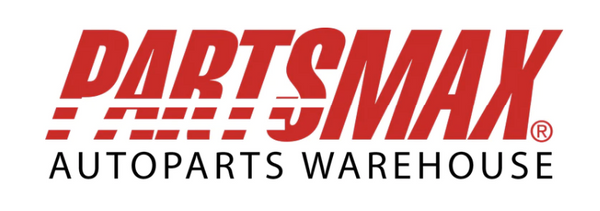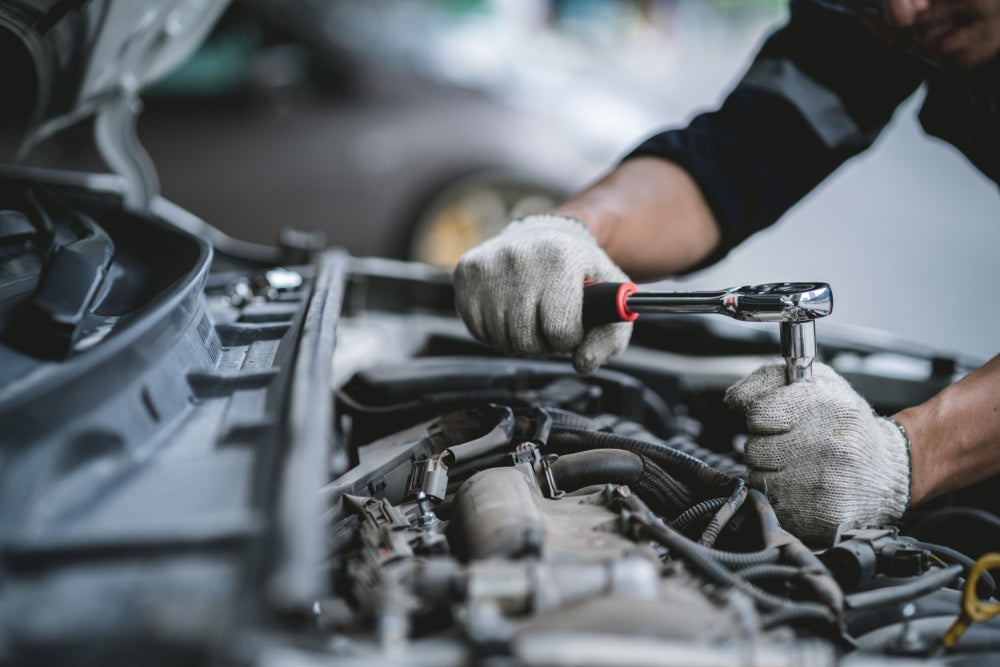Many vehicle owners find replacing a car engine daunting. The question of "how much to replace an engine" often looms large, as the potential financial impact can be significant. Understanding the full cost of engine replacement, including parts, labor, and additional expenses, is crucial for making informed decisions. This guide aims to clarify, helping you understand what you can expect regarding costs and the factors influencing the final price.
What is Engine Replacement?
Definition and Overview
Engine replacement involves removing the malfunctioning or damaged engine from a vehicle and installing a new or rebuilt one. This process is not just about swapping out one part for another—it's a comprehensive procedure that requires precision and expertise. It involves disconnecting various components, ensuring the new engine is compatible, and then reintegrating everything to make the car operational again. For car owners and DIY enthusiasts, understanding this process is the first step toward making informed decisions.
When is Engine Replacement Necessary?
Engine replacement becomes necessary in several common scenarios. Severe engine damage, such as a cracked block or blown head gasket, often makes replacement the only viable option. Irreparable engine failure, like a seized engine due to a lack of oil, also leads to the same conclusion. Recognizing these situations early can save time and money, allowing you to plan accordingly.
Breakdown of Engine Replacement Costs
Cost of a New Engine
The cost of a new engine varies significantly based on the make and model of the vehicle. On average, car owners can expect to pay anywhere from $4,000 to $7,000 for a new engine. Luxury or specialized vehicles may drive this cost even higher, while more common models fall on the lower end of the spectrum. Understanding this range can help set realistic expectations when considering engine replacement costs.
Cost of a Rebuilt or Remanufactured Engine
Rebuilt and remanufactured engines present a more affordable alternative to brand-new engines. A rebuilt engine involves restoring a used engine to working condition, replacing only the worn-out parts. Price-wise, rebuilt engines typically range from $2,500 to $4,000, depending on the vehicle type and complexity. Remanufactured engines, restored to factory conditions, offer a middle ground between new and rebuilt options.
Labor Costs
Labor costs are a significant component of engine replacement expenses. The average labor rate for engine replacement ranges from $70 to $150 per hour, depending on the shop and location. A straightforward replacement job may take 10 to 15 hours, while complex installations can exceed 20 hours. Factors affecting labor costs include the vehicle's make and model, engine complexity, and shop rates in your area.
Additional Parts and Materials
Replacing an engine isn't solely about the engine itself. Additional parts and materials, such as gaskets, fluids, and hoses, are often needed. These components ensure that the new engine functions correctly and reliably. Depending on the vehicle's condition, additional components like a new exhaust system or an upgraded cooling system may also be needed. These extra costs can add several hundred dollars to the overall bill.
Miscellaneous Fees
Besides the primary costs, miscellaneous fees can also affect the total engine replacement cost. Shop fees, which cover using the garage's tools and facilities, are typically around $100 to $150. Disposal fees for the old engine might be included in the estimate. Additionally, taxes and regulatory fees can further inflate the final cost, so it's important to account for these when budgeting for a replacement.

Factors That Influence Engine Replacement Costs
Vehicle Make and Model
The make and model of a vehicle play a pivotal role in determining the engine replacement cost. Luxury and specialized vehicles often require more expensive engines and parts, increasing prices. Conversely, common models might have more affordable, readily available components, reducing costs. Knowing your vehicle's specifics helps in estimating potential expenses accurately.
Engine Type and Size
The engine type and size directly impact replacement costs. Larger engines generally cost more in terms of the engine itself and the labor involved. Similarly, more complex engines with advanced technology tend to be pricier to replace. Understanding the specifications of your current engine can provide insight into potential costs and help guide your decision-making process.
Geographic Location
Geographic location significantly affects engine replacement costs. Labor rates and part availability vary widely across regions, influencing the price. Urban areas often have higher labor costs, while rural locations might face challenges in part availability, leading to longer wait times and additional expenses. Being aware of these regional differences can assist in budgeting for engine replacement.
Condition of the Vehicle
The condition of the vehicle influences potential costs beyond the engine itself. Rust or damage complicates the replacement process, potentially requiring additional repairs. Older vehicles might have outdated parts that need upgrading, adding to the overall cost. Evaluating your vehicle's condition can help anticipate these additional expenses.
View our online inventory of Aftermarket Auto Parts
Cost Comparison: New vs. Rebuilt vs. Used Engines
New Engines
Opting for a brand-new engine has its pros and cons. On the positive side, new engines come with warranties, providing peace of mind and quality assurance. However, they are often the most expensive option. Typical costs range from $4,000 to $7,000, depending on the vehicle's make and model. Considering these factors is crucial in deciding if a new engine is the right choice for your situation.
Rebuilt Engines
Rebuilt engines offer advantages and disadvantages. They are cost-effective, typically ranging from $2,500 to $4,000, making them an attractive option for budget-conscious car owners. However, reliability can vary, as rebuilt engines depend on the parts' quality and the mechanic's skill. These aspects are vital in determining if a rebuilt engine suits your needs.
Used Engines
Used engines present both benefits and risks. They are generally the least expensive option, making them appealing for those on a tight budget. However, their reliability can be questionable, with no guarantees regarding their condition. Finding a reliable used engine involves thorough research and inspections, potentially adding to the overall cost.
How to Save on Engine Replacement Costs
Choosing Between Different Engine Options
Selecting the most cost-effective engine replacement option requires careful consideration. Evaluating your vehicle's needs, budget constraints, and long-term plans can guide this decision. Comparing the costs and benefits of new, rebuilt, and used engines allows you to make an informed choice tailored to your situation.
Negotiating Labor Costs
Negotiating with mechanics can reduce labor expenses. Obtaining multiple quotes and discussing your budget openly can lead to more favorable rates. Building rapport with a trusted mechanic may also yield discounts or flexible payment plans, ultimately lowering the overall cost of engine replacement.
Sourcing Parts
Finding affordable yet reliable parts for engine replacement can significantly reduce costs. Exploring online marketplaces, salvage yards, and local suppliers may yield competitive prices. Ensuring the compatibility and quality of these parts is essential to avoid future problems and additional expenses.
Exploring Financing Options
Exploring financing options for engine replacement can ease the financial burden. Many shops offer payment plans or partner with financial institutions to provide loans. Researching these options and understanding the terms and conditions can help spread the cost over time, making engine replacement more manageable.
Is Engine Replacement Worth It?
Cost-Benefit Analysis
Determining whether engine replacement is worth it involves a careful cost-benefit analysis. The key is to compare the expenses of replacement with the cost of buying a new vehicle. In some cases, engine replacement is more economical, especially for vehicles with sentimental value or limited alternative options.
Resale Value Considerations
Replacing the engine may affect your vehicle's resale value positively or negatively. A new or well-maintained engine can enhance the car's appeal to potential buyers. However, the overall condition and history of the vehicle also play a role. Evaluating these factors is crucial in assessing the potential return on investment.
Alternative Solutions
Exploring alternative solutions, such as engine repair or trading in the vehicle, can provide additional options. In some cases, repairing specific components may offer a more economical solution. Trading in the vehicle might also present a viable path, especially if the engine replacement cost outweighs the vehicle's value.
Conclusion
Replacing an engine is a significant decision that requires careful consideration and planning. Understanding the full cost of engine replacement, including parts, labor, and additional expenses, is essential for making informed choices. By evaluating the factors influencing costs and comparing different engine options, car owners can find the most suitable solution. Engaging with a trusted mechanic or shop for a detailed estimate and exploring financing options can further aid in managing the costs effectively. With this knowledge, vehicle owners can confidently approach engine replacement and make decisions that align with their budget and long-term plans.

